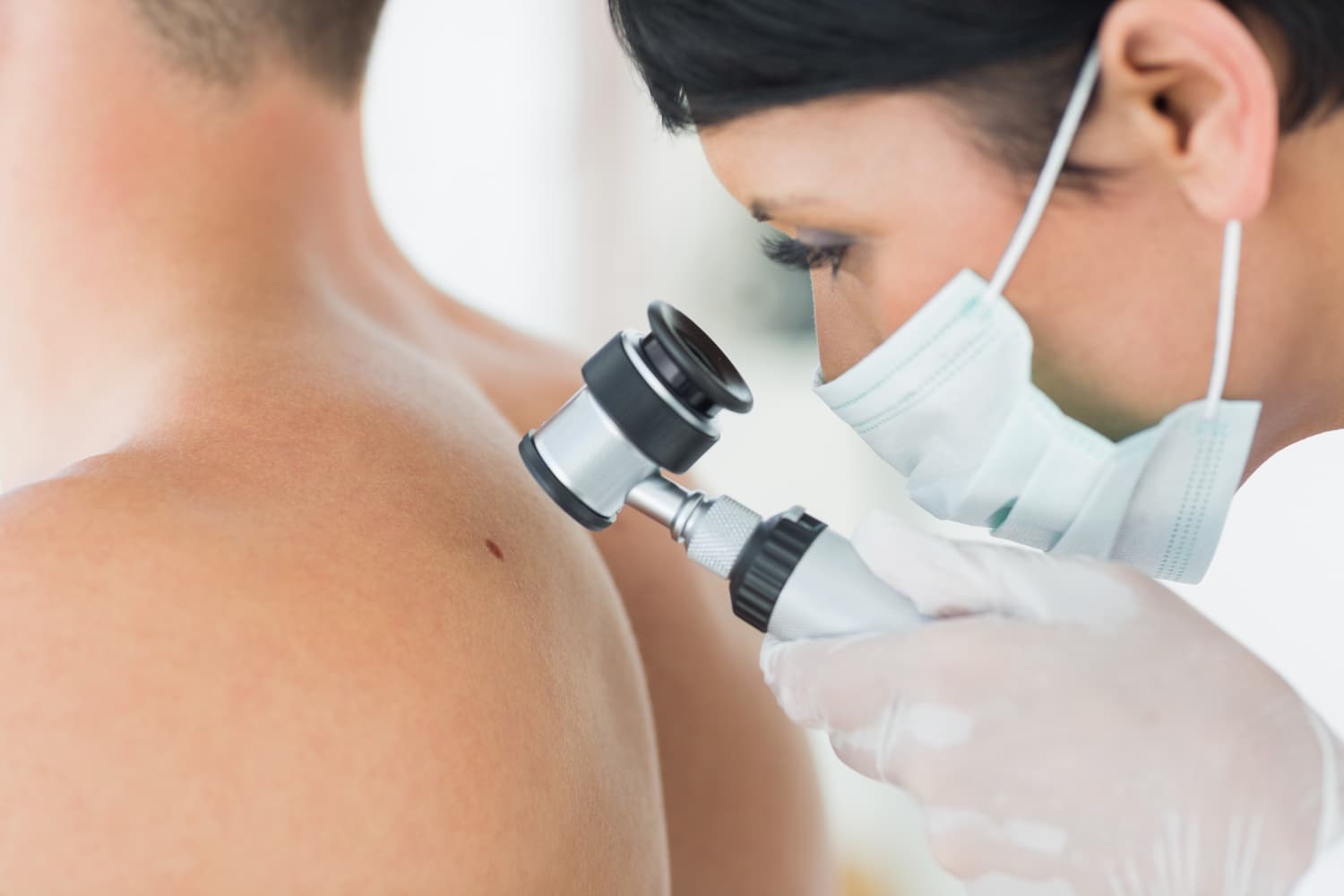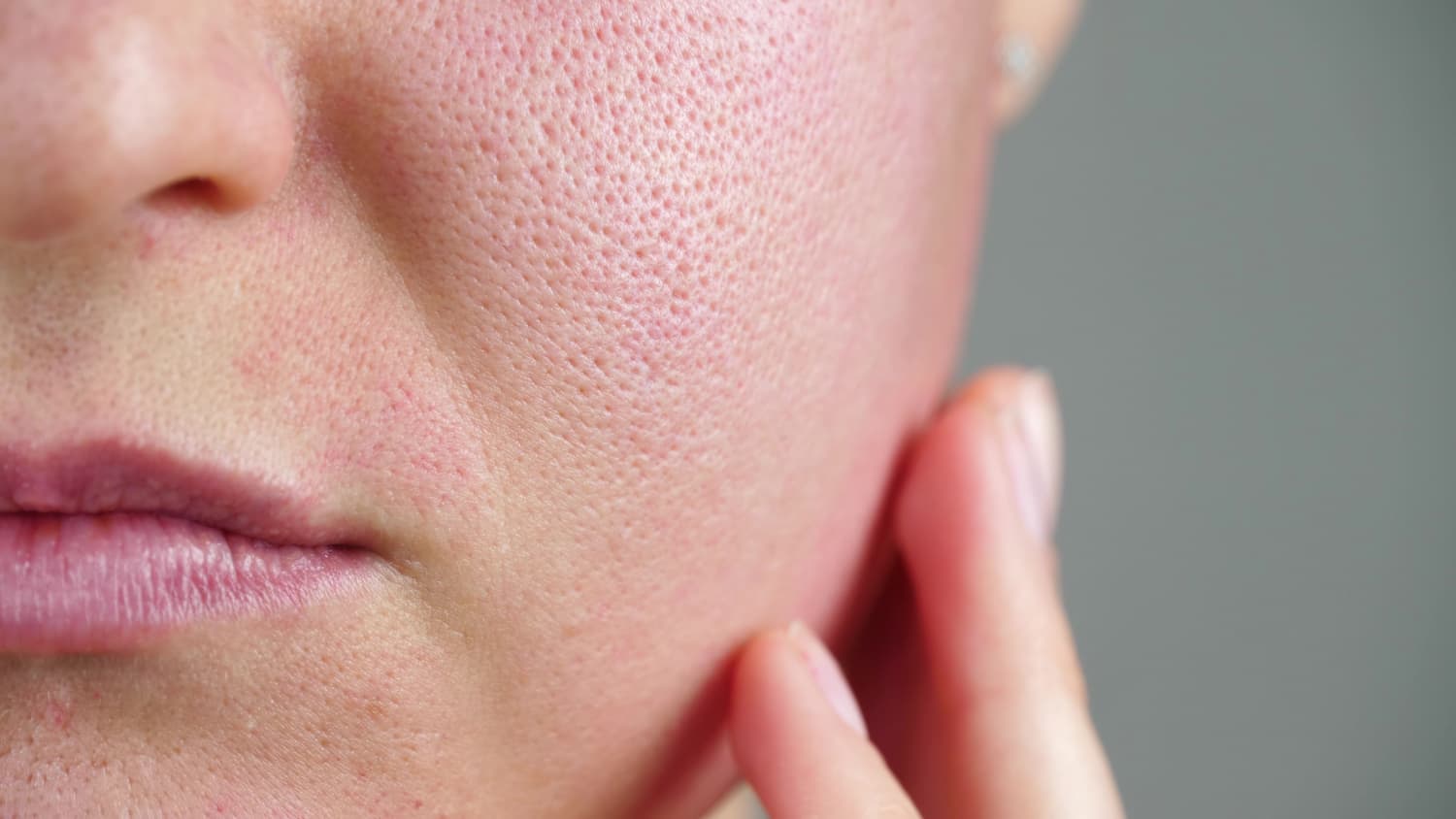Although skin cancers are often among the most treatable forms of cancer, this condition can go south quickly as they spread throughout the body. To see just how fast skin cancers can spread through the body, Affiliated Dermatology® has put together this guide to the fastest-spreading type of skin cancer: melanoma. We’ll look at the types of melanoma and how fast they spread.
Melanoma
In your body are cells called melanocytes. These are responsible for creating melanin, which you may know as the pigment that gives our skin color. Melanoma is a type of skin cancer that grows in these cells. Melanoma is far less common than other types of skin cancer but is particularly dangerous due to how quickly it can spread.
This quick spread comes from the fact that melanoma expands deep into the skin, where it reaches the bloodstream and lymphatic system. These new locations give it a pathway to move quickly to other organs. As it moves to vital organs, melanoma becomes potentially life-threatening.
Melanoma itself comes in different types. Let’s take a closer look at the four types of melanoma:
Superficial Spreading Melanoma
This is the most prevalent type of melanoma. It’s also one of the hardest to catch because it has a subtle initial growth pattern. It begins as flat, irregularly shaped growth. It lingers in the outermost skin layer for a while before moving to deeper layers, which helps to mask its severity during the crucial early stages of detection. It can take years for this type of cancer to invade other tissue layers.
Nodular Melanoma
This form of melanoma is, in some ways, the opposite of superficial spreading melanoma. Its infiltration to deeper skin layers is aggressive and rapid. Within a few months of its appearance, nodular melanoma begins penetrating deeper into the skin, making its way to those pathways that will carry it to other areas of the body. This type of skin cancer typically becomes visible as a raised bump on the surface of the skin, although the largest portion of the growth is often below the skin. Due to its metastasizing rate, nodular melanoma may be fatal within a few months of recognition.
Lentigo Maligna Melanoma
On sun-exposed areas of the skin, such as the face and arms, a precancerous condition known as lentigo maligna can form. This condition will grow slowly over the course of 5-20 years before turning into skin cancer: lentigo maligna melanoma. Once the conversion to melanoma occurs, the same urgency of stopping it before it penetrates deeper into the skin does, too. It begins as a slowly growing or changing patch of discolored skin.
Acral Lentiginous Melanoma
Although common wisdom says that sun exposure is a big risk for skin cancer, this type of melanoma defies that assumption, growing in areas of the skin that typically get less sun. That includes the soles of the feet, the palms of the hand, or under the nails. Acral lentiginous melanoma is particularly common in those with dark skin. It typically appears as a dark brown or black spot on the skin.
How Fast Can Melanoma Grow?
As we’ve seen, the rates at which the various skin cancers begin to deepen into the skin vary greatly, but once they do, the spread can be alarmingly swift. Within a matter of weeks, it can penetrate into the deeper layers of skin required for it to get to the lymphatic system or bloodstream. Once it does, the threat of it metastasizing to other parts of the body and complicating treatment is immediate.
How Skin Cancer Screenings Help
Skin cancer screenings serve as a shield against the rapid spread of melanoma. Because many forms of melanoma can disguise themselves as moles or other harmless growths, they can go undetected for a while. Regular skin cancer screenings put those growths under the scrutiny of a trained professional who can better differentiate them from something more harmless.
Affiliated Dermatology® is Here to Help
Given how fast skin cancers can spread and how dangerous melanoma, in particular, can be, a good dermatologist is a crucial part of keeping your skin healthy and cancer-free. Affiliated Dermatology® has a team of friendly doctors who will check your skin for signs of cancer and provide you with the resources you need to perform more accurate self-checks for even earlier detection of problematic growths. To find out more, contact us today.
Image Credit: Delovely Pics / Shutterstock






